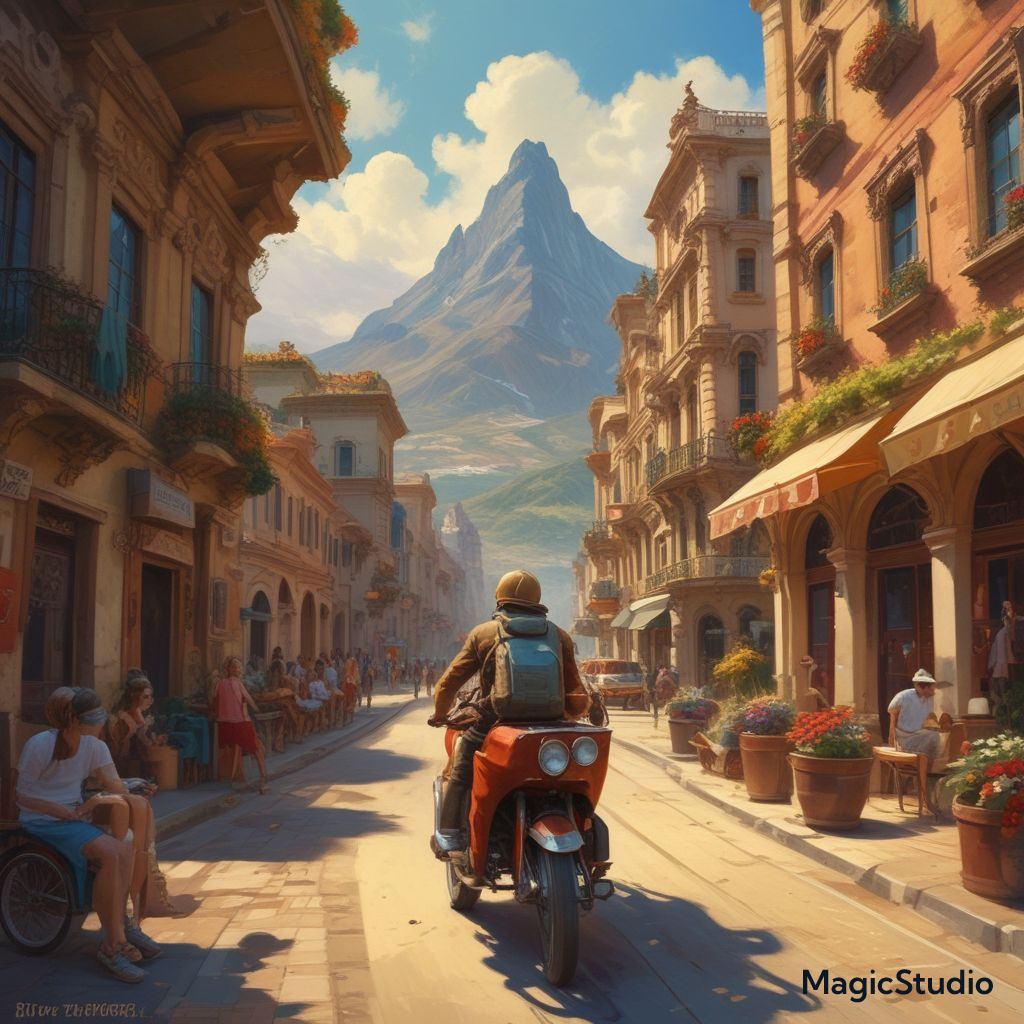Slow Travel: Why It’s the Best Way to See the World in 2025

In a world where everything moves fast, slow travel is gaining popularity as a more meaningful, sustainable, and enriching way to explore the world. Instead of rushing through multiple destinations, slow travel encourages deeper connections with places, people, and cultures. In 2025, it’s more than a trend—it’s a mindset.
What Is Slow Travel?
Slow travel is about quality over quantity. It focuses on:
- Spending longer periods in fewer places
- Immersing yourself in local life
- Traveling with intention and purpose
- Reducing your environmental impact
It’s not just how you travel, but why.
Benefits of Slow Travel
1. Deeper Cultural Experiences
Rather than skimming the surface, slow travel allows you to dive into a destination’s culture. You have the time to:
- Learn the language basics
- Discover hidden gems not listed on typical travel blogs
- Attend local events or workshops
- Build relationships with locals and fellow travelers
2. Less Travel Stress
No more sprinting through airports or constantly packing and unpacking. Staying longer in one place brings a sense of routine and calm to your journey.
3. Cost Efficiency
Staying longer often means lower accommodation costs (weekly/monthly discounts) and less money spent on transportation between cities or countries.
4. Sustainable and Eco-Friendly
Slow travel reduces your carbon footprint by:
- Using fewer flights
- Supporting local businesses
- Opting for walking, biking, or public transportation
How to Practice Slow Travel in 2025
1. Choose Fewer Destinations
Instead of trying to visit 5 cities in 10 days, choose one or two and explore them thoroughly. You’ll notice the details tourists usually miss.
2. Stay in Local Accommodations
Look for homestays, boutique guesthouses, or long-term Airbnb rentals. Many offer local insights, cooking classes, or cultural experiences.
3. Work While You Travel
Combine work and travel by staying longer in one place. Digital nomad visas and coworking hubs make it easier than ever to blend work with exploration.
4. Travel by Train or Bus
In many parts of the world, trains and buses are scenic, affordable, and eco-conscious alternatives to flights.
5. Engage with the Community
Volunteer, take local classes, shop at markets, or attend community events. You’ll gain insight and contribute positively to the places you visit.
Top Slow Travel Destinations in 2025
- Chiang Mai, Thailand – affordable, digital nomad-friendly, rich in culture
- Lisbon, Portugal – coastal vibes, walkable neighborhoods, vibrant communities
- Kyoto, Japan – traditional and modern experiences blend beautifully
- Tbilisi, Georgia – growing expat scene, great food, low cost of living
- Oaxaca, Mexico – immersive cultural traditions, artisan markets, colorful festivals
Tips to Make the Most of Slow Travel
- Learn some of the local language
- Try regional dishes you wouldn’t normally eat
- Journal your daily experiences to reflect more deeply
- Be spontaneous—leave room for unplanned discoveries
- Avoid checklists; focus on experiences, not just attractions
Conclusion
In 2025, slow travel offers a powerful antidote to fast-paced tourism. It encourages travelers to be present, reduce stress, and create meaningful memories. Whether you’re taking a sabbatical, working remotely, or simply exploring the world at your own pace, slow travel is a lifestyle worth embracing.



